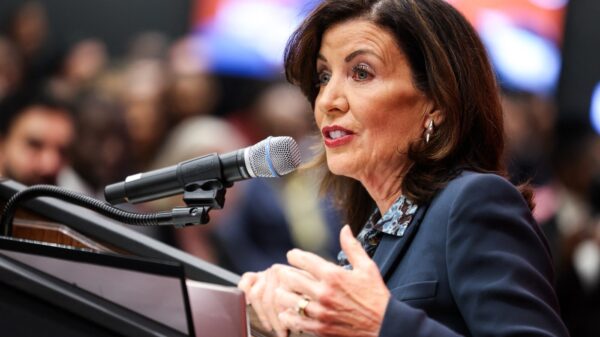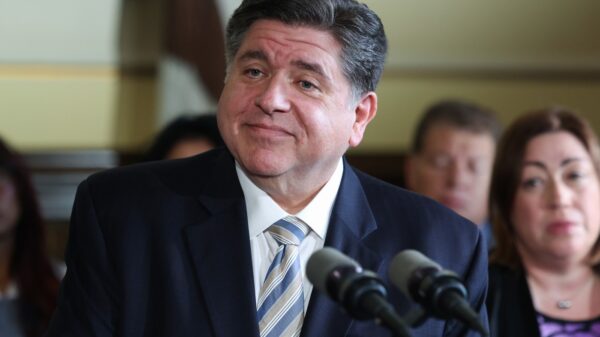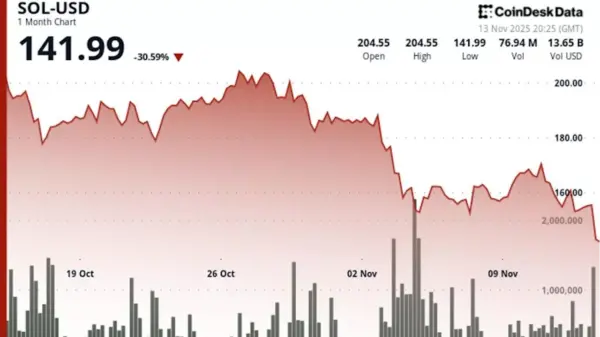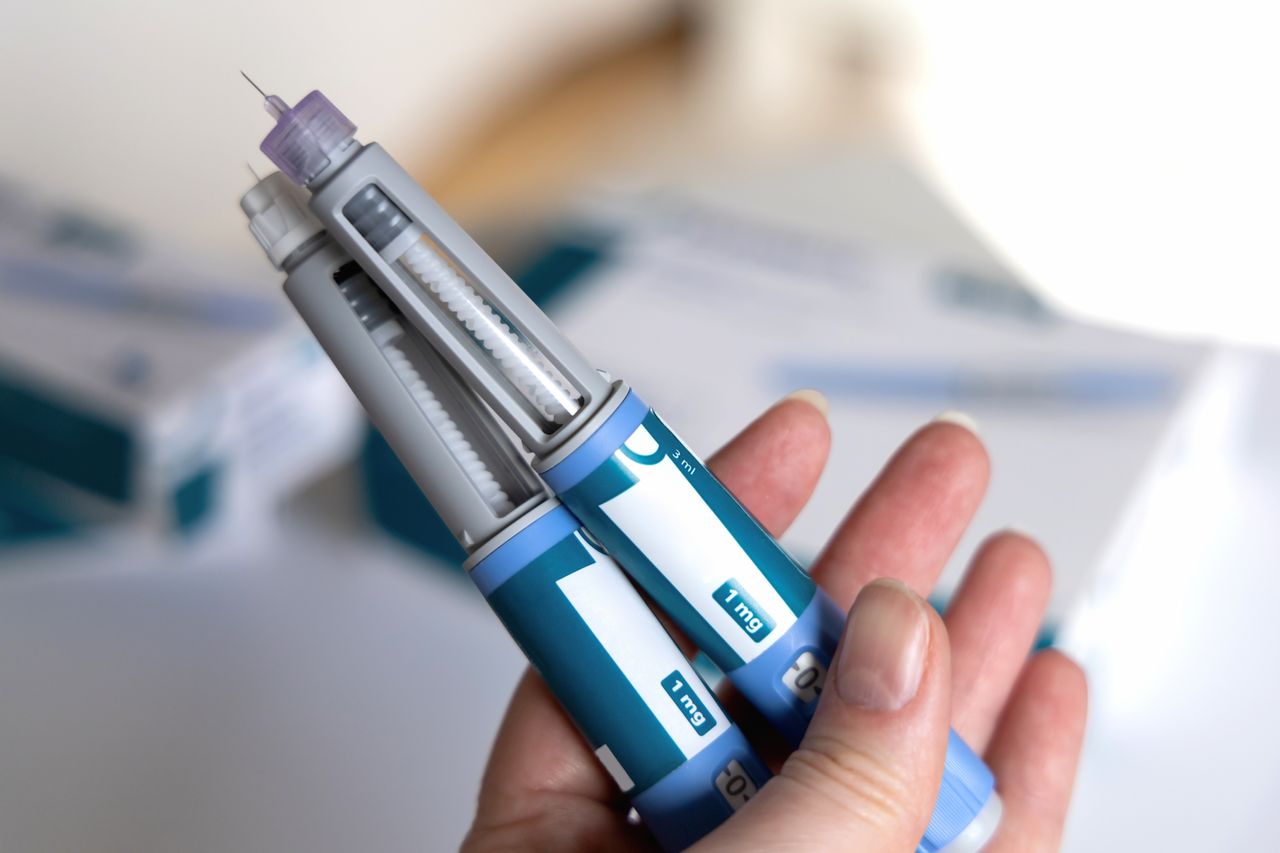The White House has unveiled a significant agreement with pharmaceutical companies Eli Lilly and Novo Nordisk that will substantially alter the landscape of obesity treatment for Medicare beneficiaries. This deal includes a reduction in prices for GLP-1 receptor agonists, such as Ozempic and Wegovy, while also expanding Medicare’s coverage to include these medications specifically for obesity management.
This development marks a notable shift from a previous decision made earlier this year by the Trump administration, which had restricted Medicare from covering obesity-related drugs. Now, beneficiaries will have access to these treatments, which could save them hundreds of dollars each month. The Centers for Disease Control and Prevention (CDC) reports that approximately 40% of U.S. adults struggle with obesity, a statistic that underscores the importance of this new coverage.
Under the new arrangement, Medicare will provide coverage for GLP-1 medications used to treat obesity and related health issues, with beneficiaries paying a copay of just $50 per month. Previously, these medications could cost upwards of $1,000 monthly, making them unaffordable for many retirees. The agreement aims to reduce the financial burden on the over 65 million individuals enrolled in Medicare.
Details of the Agreement
The deal establishes a new pricing structure for GLP-1 drugs. Initially, direct-to-consumer prices will start at roughly $350 per month, with plans to drop to approximately $250 within the next two years. For example, the monthly costs for Ozempic and Wegovy are set to decrease from their current prices of $1,000 and $1,350, respectively, to around $350 when purchased through a new portal known as TrumpRx or directly from the manufacturers.
As part of the deal, Medicare will pay $245 per month for these drugs, significantly lower than their market prices. This price reduction extends to other medications as well, including Mounjaro and Zepbound, with potential oral versions like Orforglipron expected to follow if approved by regulatory authorities.
The agreement also includes commitments from Eli Lilly and Novo Nordisk to invest $27 billion and $10 billion, respectively, to enhance their U.S. manufacturing capabilities. This investment is seen as a way to mitigate potential tariffs that could impact pharmaceutical pricing.
Implications for Medicare Beneficiaries
For seniors grappling with obesity, diabetes, or related health conditions, this deal could significantly improve access to effective treatments without straining their finances. The AARP has expressed cautious optimism, noting that the agreement could level the playing field for seniors who have been priced out of the market for these essential medications.
The rollout of TrumpRx is expected by December 2025, with full integration into Medicare anticipated by mid-2026. This timeline raises questions about the immediate availability of these medications for beneficiaries, especially those on fixed incomes.
While the deal promises substantial savings, it also brings to light concerns about the long-term costs associated with copays, which may accumulate over time. Additionally, the expansion of coverage is contingent on the plan’s adoption and whether it will be voluntary for Medicare’s Part D program.
In summary, this landmark agreement holds the potential to transform access to obesity treatments for millions of Americans, addressing a critical health issue that costs Medicare an estimated $173 billion annually. As the implementation date approaches, beneficiaries are encouraged to check their eligibility and explore their options through official channels.





































































